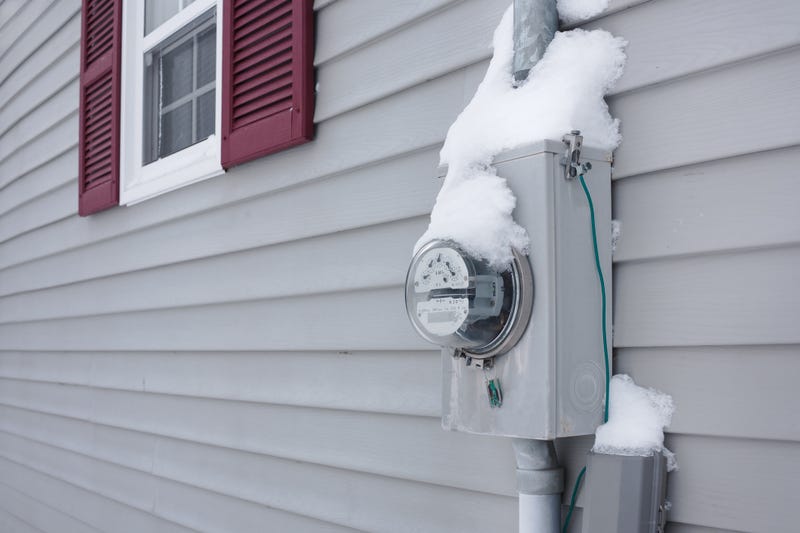
Kansas City, MO – Area utilities are implementing conservation measures by the use of rolling blackouts across the KC Metro and wider region in order to take the pressure off the power grid as it strains to keep up with keeping people warm during the deep freeze.
Energy companies with hundreds of thousands of customers in the Kansas City Metro are calling for conservation. Spire gas utility, Evergy Power and city utility companies like IPL in Independence, Missouri are asking customers to ease off on the thermostat.
An outfit called the Southwest Power Pool coordinates power supplies in 17 states, including Kansas and Missouri. It's that organization that is asking customers to conserve power where we can until Wednesday.
The entire region has been locked inside an 'ice box' for a week, with arctic air and continuous bouts of snow, and has gotten colder and colder. Temperatures around Kansas City on Monday morning were around -7ºF. The region would struggle to reach 0ºF for a daytime high. Overnight, residents may experience the coldest temperatures they've ever faced here as it drops down to -15ºF for a low.
To save energy, people are urged to turn the thermostat down — not up — as we cope with the extreme cold that has settled on the KC Metro.
Just like when it's really hot outside, extreme cold temperatures also put extreme demands on the amount of electricity and natural gas consumed. So, utility companies are asking customers to conserve where we can.
That also means setting your thermostat a little bit lower — to around 65 to 68 degrees — to help lower demand on utility grids.
Delaying usage of larger appliances, like clothes washers and dryers can help, too. Pushing those chores to off-hours overnight after 10 p.m. works best.
And finally, consider lowering the temperature of your water heater to about 120 degrees. Water heaters use a big chunk of your home's energy.
